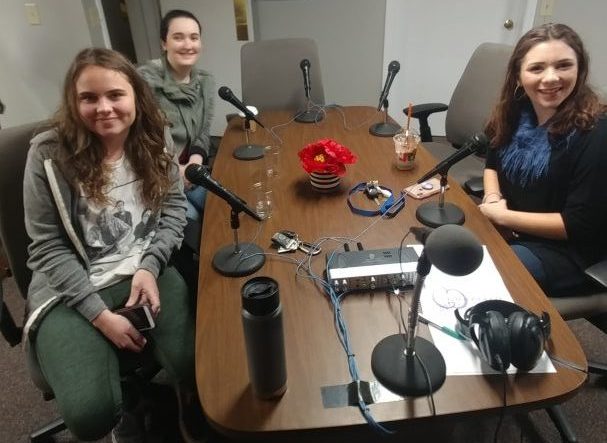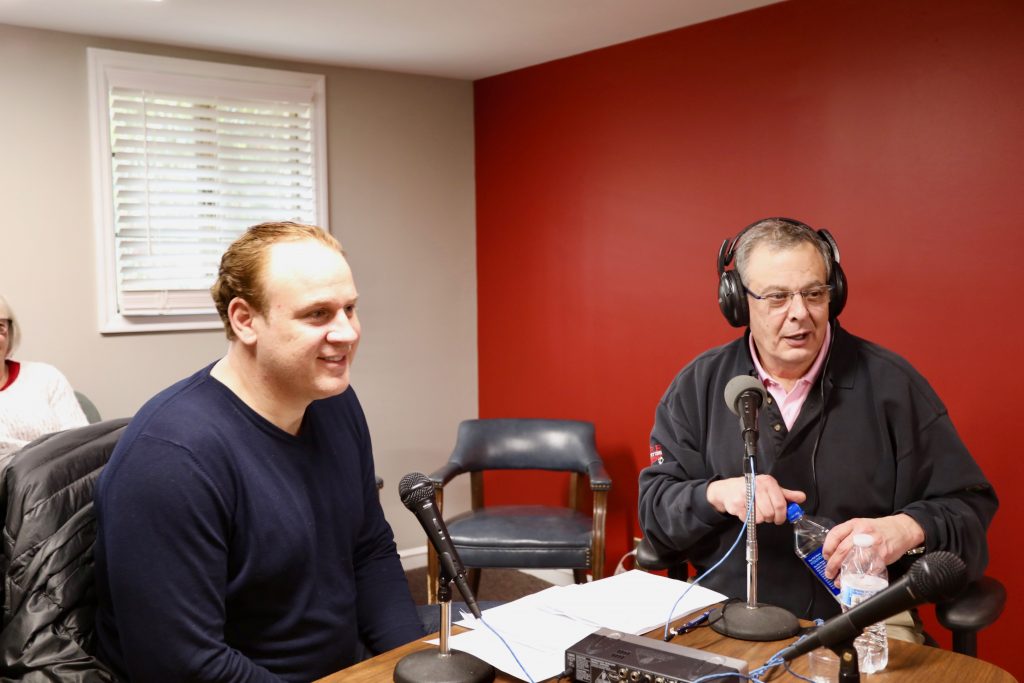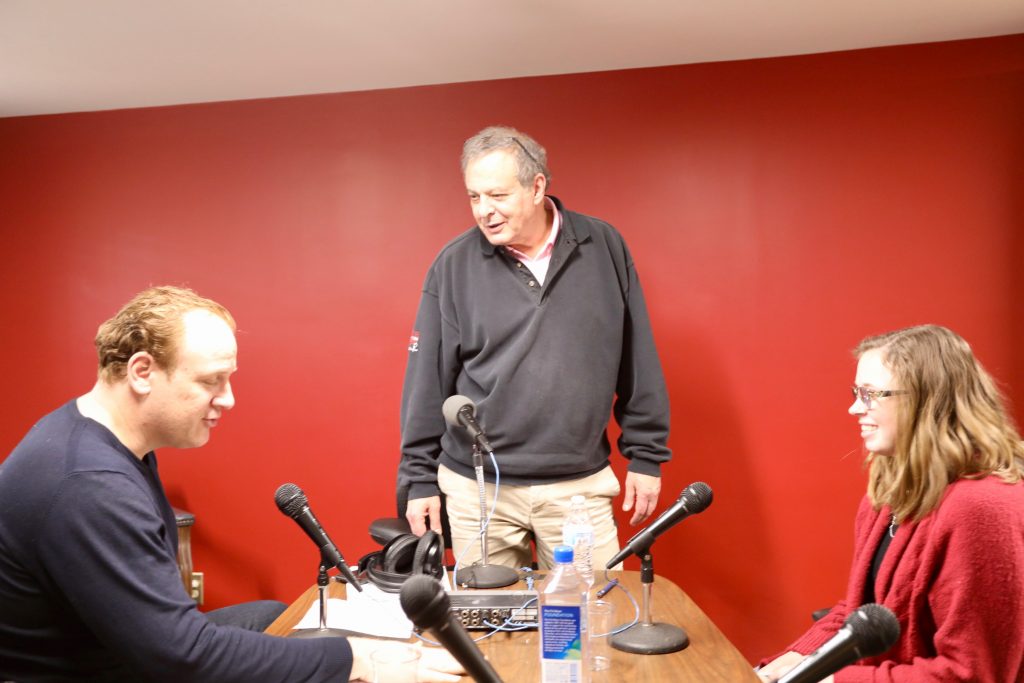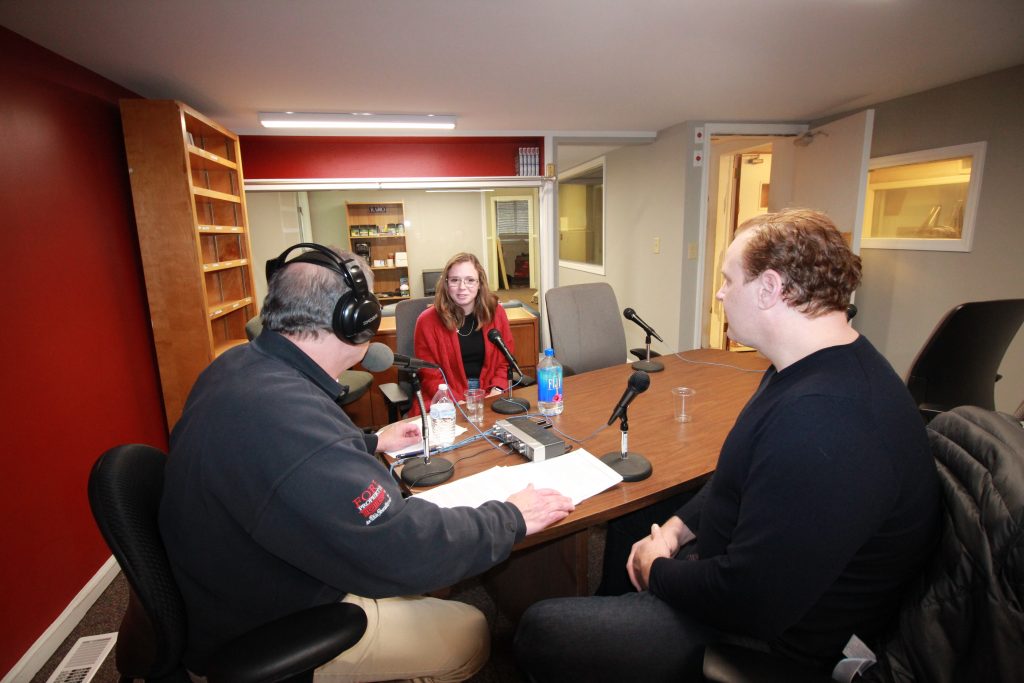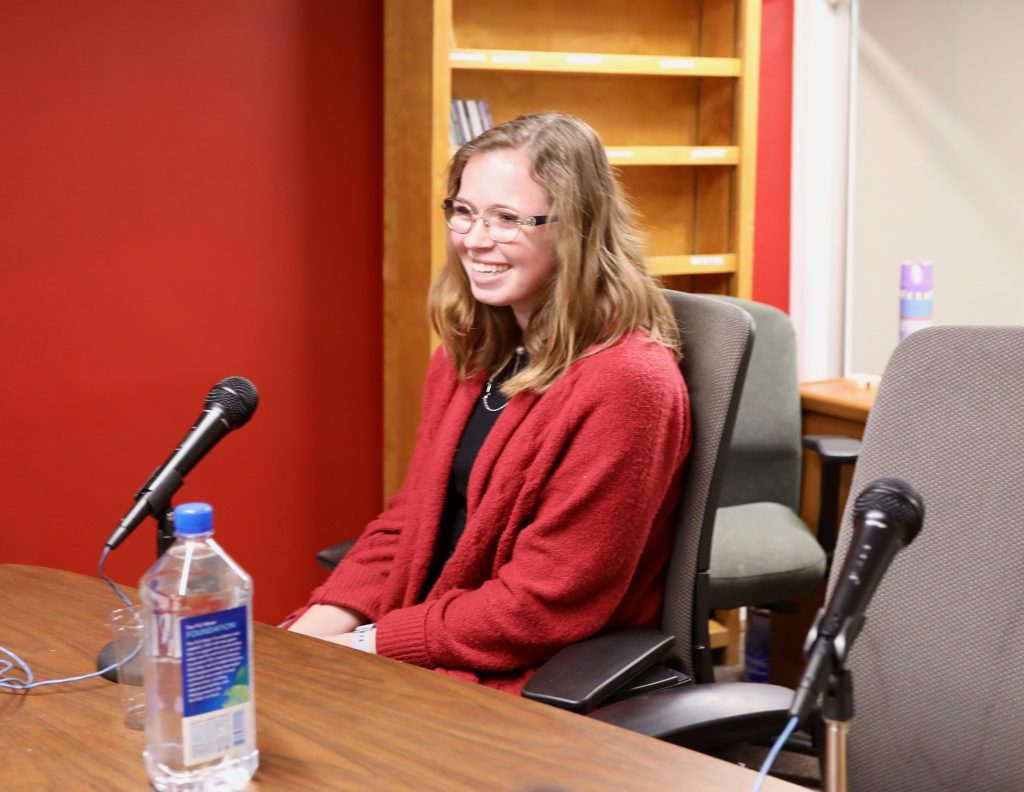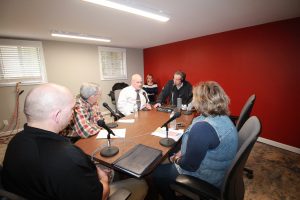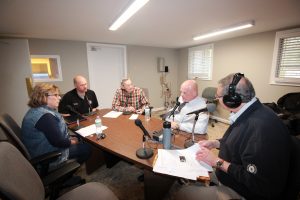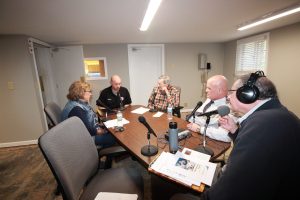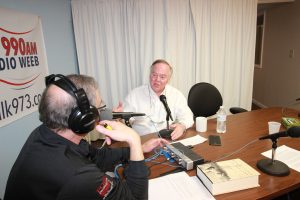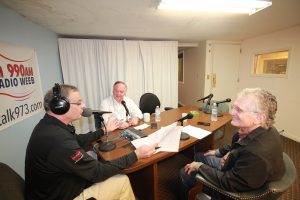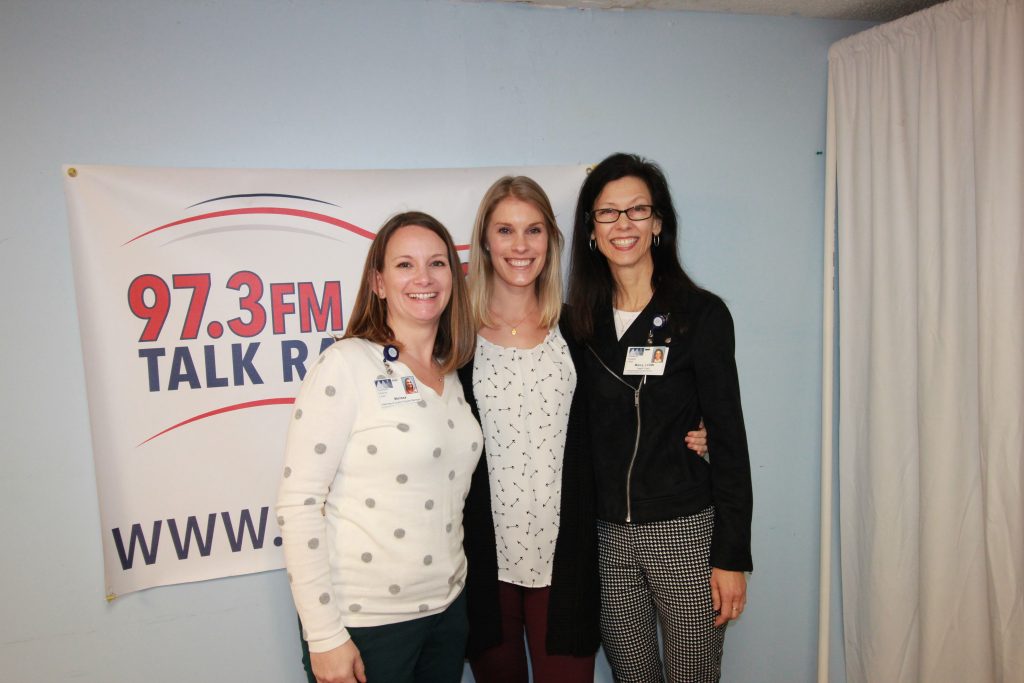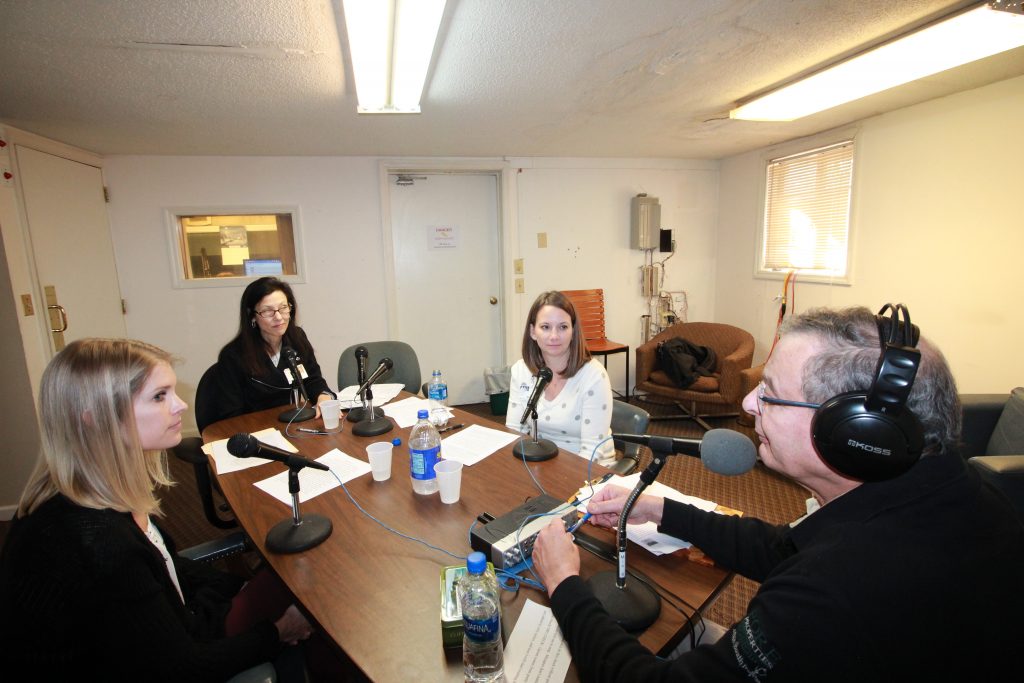PINECREST PLAYERS THEATRE COMPANY – RODGERS & HAMMERSTEIN’S – CINDERELLA
PINECREST PLAYERS – CINDERELLA – MARCH 15th, 16th, 17th
The Robert E. Lee auditorium is the venue. March 15th – 17th are the dates for the production of Cinderella. Alexa Castro-Giovanni, Ayden Peters & Cara Blue are 3 of the participants in the production.
These 3 Pinecrest seniors speak about their roles and the work involved in putting on such a production. In addition to the respect they pay to the process, they also speak about the value of private donations to keep up with the expenses of such a project.
Tickets for Adults – $15.00. Students – $10.00.
Friday & Saturday shows – 7 p.m.
Sunday matinee – 2 p.m.
LUCAS MEACHEM
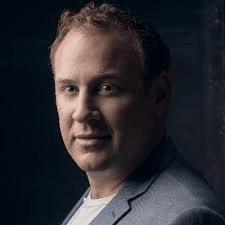 Grammy Award-winning baritone Lucas Meachem is one of the most accomplished, in-demand singers of the moment, captivating audiences around the world with his “earnest appealing baritone” (The New York Times) and “commanding presence” San Francisco Chronicle. “A rock star of opera” (Opera Pulse), Meachem’s 2018-19 season includes three highly anticipated North American house debuts with Washington National Opera, Canadian Opera Company, and Michigan Opera Theatre.
Grammy Award-winning baritone Lucas Meachem is one of the most accomplished, in-demand singers of the moment, captivating audiences around the world with his “earnest appealing baritone” (The New York Times) and “commanding presence” San Francisco Chronicle. “A rock star of opera” (Opera Pulse), Meachem’s 2018-19 season includes three highly anticipated North American house debuts with Washington National Opera, Canadian Opera Company, and Michigan Opera Theatre.
For this particular show, Pinecrest senior, Keegan Foyles was a delightful guest and observer of Lucas’s story from a 17 year old Union Pines High School student to the top of the Opera world today. Keegan, like Lucas, was a graduate of the Governor’s School for Choral music in 2017. She is a member of the NC High School Honors Chorus, has rewritten Pinecrest’s Alma Mater, and will be attending Methodist University in 2019 on a full music scholarship. The connection between Lucas and Keegan was heartfelt and easy to see in the studio.
Christy Holland’s article about Lucas best captures his Moore County connection:
When Lucas Meachem won the Kiwanis Club of the Sandhills Piquet Music scholarship in 1995 at the age of 17, he was filled with unexpected confidence. The Union Pines High School Senior and former soccer, football, baseball, and basketball player had no idea where his success would take him. He would have never guessed that early success would be a springboard vaulting him 10 years later into an operatic singing career at the prestigious Metropolitan Opera in New York City before the age of thirty.
“It was one of the first accolades I ever received for singing. It made me feel like I had enough talent when I didn’t know any better. That confidence assisted me along my journey as an opera singer. From an early age, I would imitate singers I heard on the radio—from opera to country to R&B, and in my head, I sounded as good as or better than them. Now, that doesn’t mean much because most of us sound awesome to ourselves when we sing. But when I took a chance and sang in front of my teachers who knew more about singing than me, they agreed. So it really was my teachers who gave me the confidence to pursue singing as a career when I had no clue where I stood in the music world.”
At this year’s 59th annual Grammy Awards, the Moore County native, Appalachian State student, and former Yale and Eastman School of Music student has received a Grammy nomination for his intense, outstanding portrayal of Figaro in Los Angeles Opera’s “Ghost of Versailles”. I asked Lucas how he is preparing for the big day.
“Besides the mantle I just built for my Grammy statue?” he jokes. “Actually, my wife just bought a dress. It’s so crazy how fashion holds such importance to this event when it’s really about the best of the best being honored.” Meachem got his start as early as 2004 at the young age of 26 when he was accepted at the San Francisco Opera Young Artist program. Since then, he has traveled the US and Europe, performing in dozens of major operatic productions including Don Pasquale and The Barber of Seville. In 2016, he won San Francisco Opera’s inaugural “Emerging Star of the Year” Award.
Lucas, although already worldly and a sought-after lyric baritone, still fondly remembers growing up near McCaskill Road in Whispering Pines where he’d ride his bike to Don Williams’ store to buy Little Debbie snacks. His mother, Susan Zuchino, a retired North Carolina school teacher, recalled the time she bought her son a four-track recording machine. He recorded his voice in four different harmonies singing Silent Night by Boyz II Men. She expressed how proud she is of her son and how his success has rewards.
“I’m so lucky I’ve gotten to travel Europe as much as I have to see him perform.”
Recently, the former Adler Fellow took to his YouTube channel to do a remake of his Boyz II Men Silent Night rendition, this time using a computer-based recording track. It can be seen here: https://youtu.be/KcQ7PC1hqu0
Just two months after the Grammys, Moore County Kiwanis Club will sponsor their annual Piquet Music Festival in hopes of awarding another young artist the coveted scholarship. While this unique and fun festival/competition will showcase Moore County high schools’ top musicians and singers, it also will proceed with an undercurrent of fear. The state of North Carolina in a bold move to mandate smaller classrooms in K-3 grades, put funding for arts into an uncertain future.
Last summer the General Assembly passed the appropriations act, limiting the number of students from K-3 to classrooms to a maximum of 21 students. This could cause a major cut in arts, physical education, and music classes this year. Unfortunately, Moore County Schools will take on the daunting task of hiring another 33 teachers to fill the void left by the act and also face the question of how they can afford to place these extra needed teachers in modular units with a little less than $1 million left in the budget.
Chris Dunn, Director of Moore County Arts Council and professional trumpet player, had this to say:
“We’ve already lost 4th and 5th grade orchestra. It doesn’t make sense to eliminate a positive class that’s going to benefit our children. Some investing needs to go back into the arts. I always felt I fit in with music when I was in school. Honestly, if it weren’t for music, I don’t know what I’d be doing today.”
When I told Lucas Meachem about the possible cuts his reaction was alarm and concern.
“Obviously to me and my life as an opera singer, the arts are non-negotiable. I understand that not many people are fortunate enough to make a career out of the thing they enjoy most, but arts funding isn’t about that. The arts help us think outside of the very small box we place ourselves and our ideas in. We push our creativity through writing a story, taking a photograph, or learning a song to open our hearts and our minds. One doesn’t need to have a career to exploit the countless benefits–the necessity–of the arts. Children who exercise their imaginations become the thinkers of our future. Everything that you watch on TV is made by artists such as actors, graphic designers, writers, etc. Our life is indispensable without the joy and pleasure of the arts, and our world would become stagnate without the freedom to express ourselves through the many mediums.”
“I fear for the future of my state as I see budget cuts towards the arts, education, health, infrastructure, etc. This issue disheartens me so much. My mom taught in the North Carolina school system for over forty years and many of her fellow teachers who voted for smaller government got what they wanted–less funding for schools. I don’t understand the disconnect between their votes and their concerns. To me, a child that grows up without arts education should be considered a failed opportunity at the hands of the state. The arts bring color to life, to experiences, to the mundane. If we give up on the children of North Carolina, we give up on our future. The high school choir teacher who inspired me to pursue a career wouldn’t have existed and I wouldn’t be who I am today without their help.”
Lucas and his wife Irina, a pianist and opera coach, are settling into their new home in Minneapolis which Lucas joked his favorite thing is the heated parking garage. His upcoming roles are playing Sharpless in Madame Butterfly at the Dallas Opera and Don Giovani in the Semperoper in Dresden, Germany. He will make a return to Moore County with his wife Irina on September 11th for a recital with the Moore County Arts Council. For more information about Lucas Meachem visit www.lucasmeachem.com
Christy Holland

